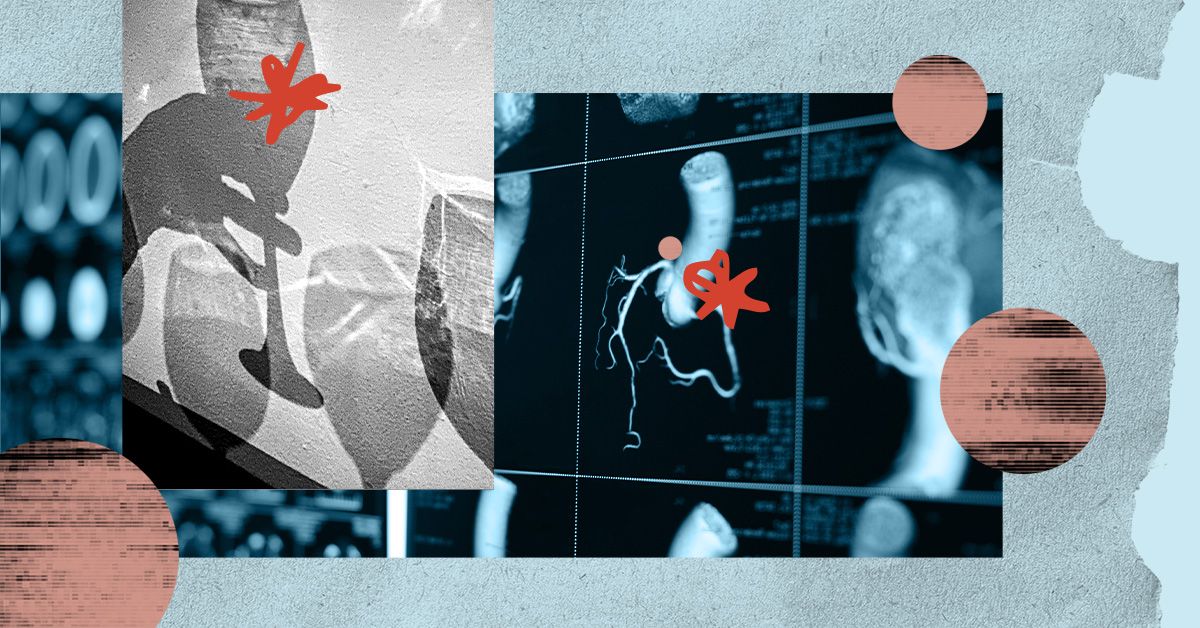Alcohol is often associated with liver problems, but recent studies have shown that it can also have negative effects on heart health. Two preliminary studies using rodents have explored the impact of alcohol on the heart. One study focused on how alcohol affects the heart in females with estrogen replacement, while the other looked at binge drinking. The findings were presented at the American Heart Association’s Basic Cardiovascular Sciences Scientific Sessions 2024, but have not yet been peer-reviewed or published in a scientific journal.
The first study, led by Syed Anees Ahmed, PhD, from East Carolina University, examined female rats with induced menopause and estrogen replacement. The researchers found that alcohol consumption led to higher blood pressure and decreased cardiac functioning in rats receiving estrogen. These rats also showed issues with circadian clock proteins, which can contribute to heart problems. While further research is needed, these findings suggest that women on estrogen placement may need to be cautious with alcohol consumption.
The second study, led by Saugat Khanal, PhD, from The Ohio State University, focused on the effects of binge drinking on the heart. Binge drinking can lead to Holiday Heart Syndrome, which causes cardiac arrhythmias like atrial fibrillation. The researchers found that more than 70% of mice exposed to binge drinking developed atrial fibrillation, while those receiving a heart-protective molecule called Alda-1 did not show any signs of arrhythmia. This highlights the importance of educating the public about the negative impact of binge drinking on heart health.
Rigved Tadwalkar, MD, a cardiologist at Providence Saint John’s Health Center, noted that these studies provide valuable insights on how alcohol impacts the heart. The estrogen study challenges the assumption that hormone replacement therapy fully protects against alcohol-related damage, while the binge drinking study offers promising avenues for future therapies to combat alcohol-induced arrhythmias. Cheng-Han Chen, MD, a cardiologist at MemorialCare Saddleback Medical Center, emphasized the harmful effects of alcohol on cardiovascular health and advised moderation in alcohol consumption.
John Higgins, MD, MBA, a sports cardiologist at UTHealth Houston, recommended that premenopausal and menopausal women taking hormone replacement therapy should be cautious about alcohol consumption due to its potential impact on heart dysfunction. He also suggested following the American Heart Association’s guidelines for improving heart health, which include focusing on diet, increasing physical activity, and quitting nicotine. Overall, these studies highlight the importance of understanding the detrimental effects of alcohol on heart health and taking steps to mitigate those risks.











